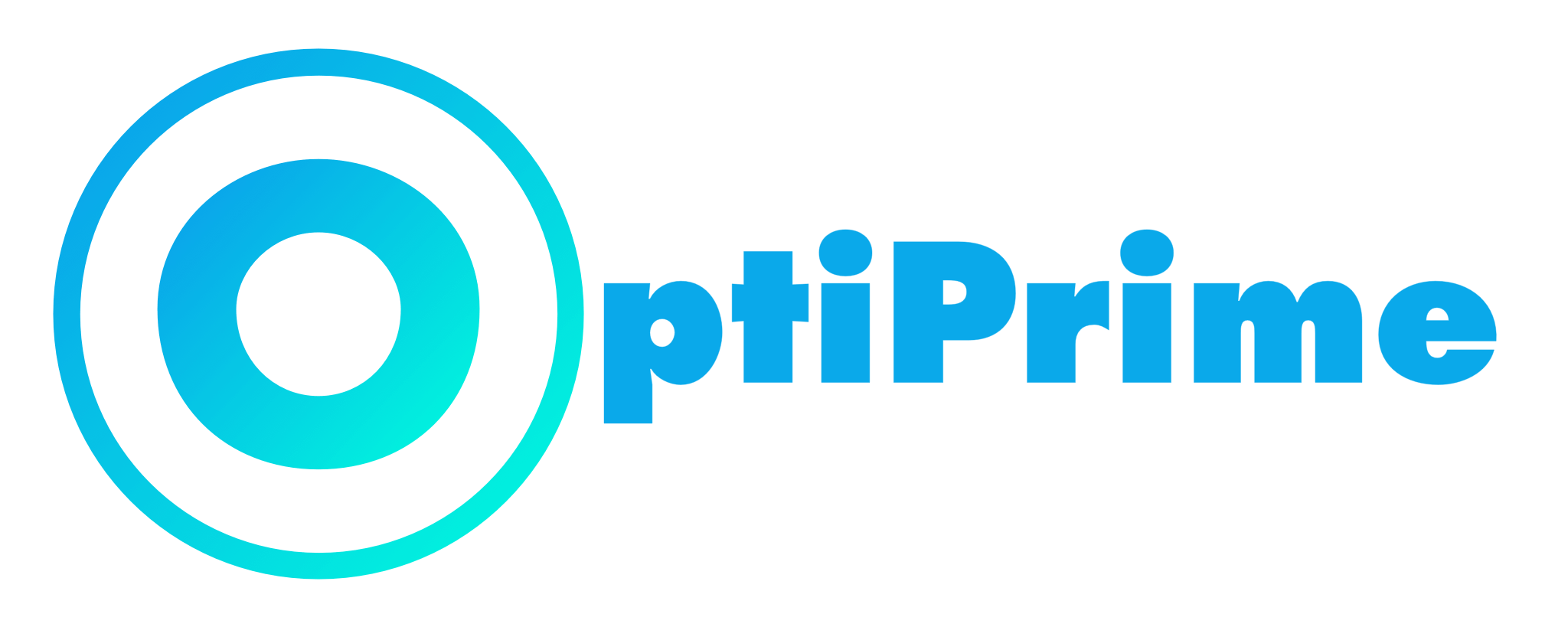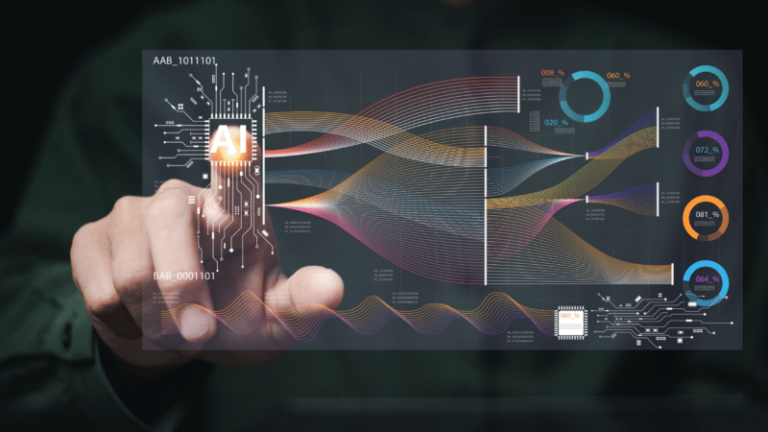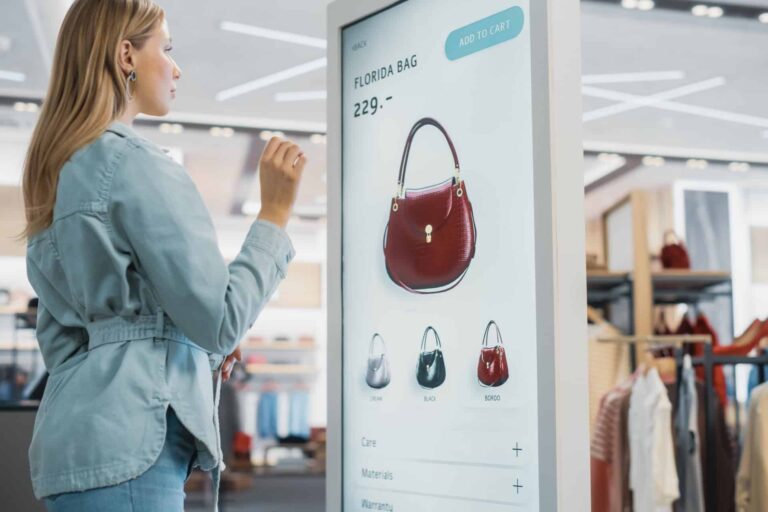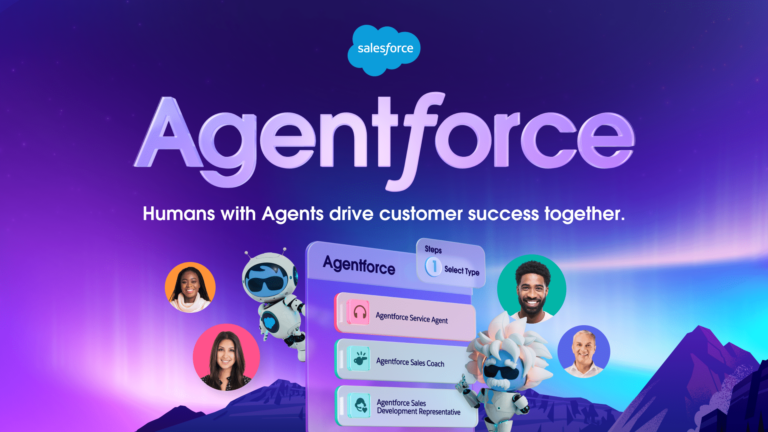Transforming Creative Impact Measurement: The Role of AI in Revolutionizing Evaluation Techniques
In the realm of creative performance measurement, marketers often find themselves depending on indirect indicators. While metrics like brand awareness and sales trends are essential and offer valuable KPIs, they encompass the overall campaign rather than pinpointing specific components that resonate with the audience.
These metrics fail to reveal which aspects of the creative are effective. Is it the text, the visuals, or the sound? A/B testing can provide some insights, but it often lacks the depth needed to determine which elements are performing better than others.
This is why a mere 36% of marketers, according to a recent survey, expressed that they feel “very confident” about effectively tracking creative performance. Conducted by Plus Company, this survey included responses from 350 senior marketing professionals across B2B and B2C sectors in the U.S., U.K., Canada, and Germany, specifically from companies with over 1,500 employees.
Interestingly, 68% of respondents indicated that struggles in evaluating creatives lead to suboptimal resource allocation, while 44% admitted to overlooking growth opportunities because of these challenges.
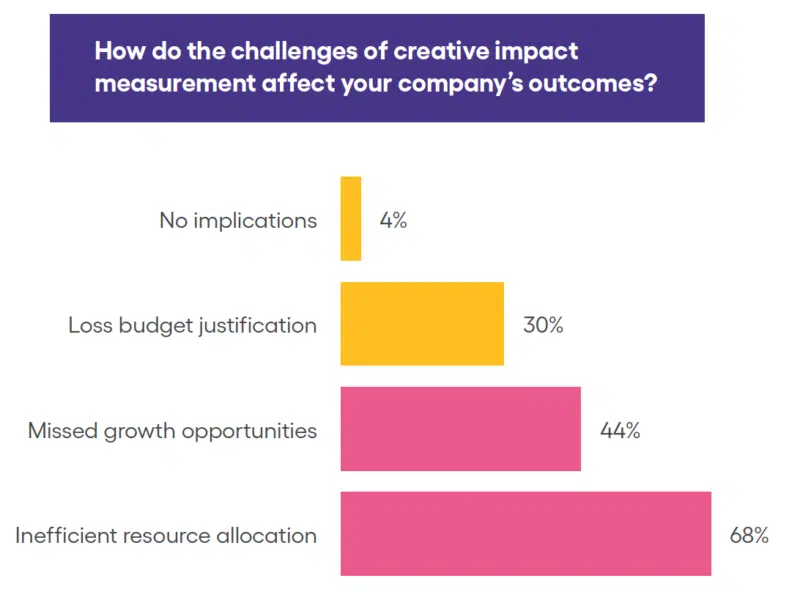
On a positive note, there is an emerging solution for accurately gauging creative impact: artificial intelligence.
“AI excels at deconstructing elements into individual components,” noted Michael Cohen, global chief data & analytics officer at Plus Company and co-author of the study. “In classic image recognition tasks, it fundamentally disassembles the content to answer specific queries.”
Diverse Data Sources
This capability enables the tagging of creative elements, empowering AI to identify shared features across the most successful campaigns. Such insights can be instrumental in refining future marketing efforts.
The data can also be augmented with insights regarding individual responses to creatives, which culminate in successful engagements.
“You possess insights into who interacts with a particular creative design in a certain context and who does not,” explained Cohen. “Thus, you can gauge how effective that creative was during specific communication moments for each individual.”
Explore further: How AI and machine learning address attribution gaps across marketing channels
This advancement represents a significant upgrade from current methods used by marketers for campaign refinement. Approximately 75% of those surveyed by Plus Company still rely on conventional approaches such as lift studies, media mixes, attribution modeling, and incrementality testing.
Such labor-intensive and time-consuming methods often result in missed chances and decreased competitiveness in a rapidly evolving market. The absence of real-time insights can greatly affect a brand’s relevance, a fact that 58% of respondents recognize as a barrier to adapting creative strategies promptly.
A Revitalized Connection
“Ultimately, AI has the potential to unleash a new dimension of connection that has long been fractured in our industry,” stated Crystalyn Stuart-Loayza, co-author of the study and chief digital officer of two of Plus Company’s agencies. “Traditionally, experiments were isolated rather than fully integrated, which prevented us from testing all aspects of a program effectively and gaining real-time insights.”
Marketers aiming to implement AI for evaluating creative efficacy will encounter challenges outside of technology. While 88% believe AI is beneficial for generating responsive content, only 52% have seamlessly integrated it into their processes.
One major obstacle is change resistance, cited by 45% of marketers as a serious issue, a concern that escalates to 71% in smaller firms. This hesitance to embrace new technologies coincides with a lack of enthusiasm for AI among senior leadership. Mid-level marketing professionals are notably more optimistic about AI, with 57% considering it “very helpful,” whereas the approval rate drops to 49% among VPs, mainly due to legitimate cost concerns.
The complete survey is accessible here (registration not required).
Email:
See terms.
OptiPrime – Global leading total performance marketing “mate” to drive businesses growth effectively. Elevate your business with our tailored digital marketing services. We blend innovative strategies and cutting-edge technology to target your audience effectively and drive impactful results. Our data-driven approach optimizes campaigns for maximum ROI.
Spanning across continents, OptiPrime’s footprint extends from the historic streets of Quebec, Canada to the dynamic heartbeat of Melbourne, Australia; from the innovative spirit of Aarhus, Denmark to the pulsating energy of Ho Chi Minh City, Vietnam. Whether boosting brand awareness or increasing sales, we’re here to guide your digital success. Begin your journey to new heights with us!
